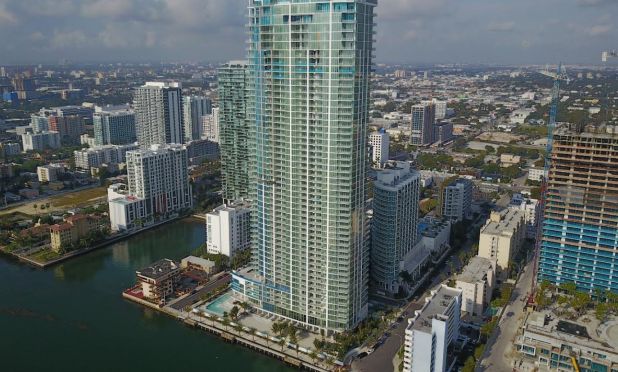Construction employment increased in 245 out of 358 metro areas between May 2016 and May 2017, declined in 59 and stagnated in 54, according the ACGA. Association officials noted that construction employment gains in many parts of the country are occurring even as most firms report having a hard time finding qualified workers to hire.
According to the ACGA, one of the key reasons for construction workforce shortages is the lack of career and technical education programs available, particularly at the secondary level. New legislation to renew the federal Perkins Act, which funds career and technical education programs, would help by giving education officials new flexibility and funding to establishing construction-focused programs, the group reported.
Recommended For You
Want to continue reading?
Become a Free ALM Digital Reader.
Once you are an ALM Digital Member, you’ll receive:
- Breaking commercial real estate news and analysis, on-site and via our newsletters and custom alerts
- Educational webcasts, white papers, and ebooks from industry thought leaders
- Critical coverage of the property casualty insurance and financial advisory markets on our other ALM sites, PropertyCasualty360 and ThinkAdvisor
Already have an account? Sign In Now
*May exclude premium content© 2025 ALM Global, LLC, All Rights Reserved. Request academic re-use from www.copyright.com. All other uses, submit a request to [email protected]. For more information visit Asset & Logo Licensing.









